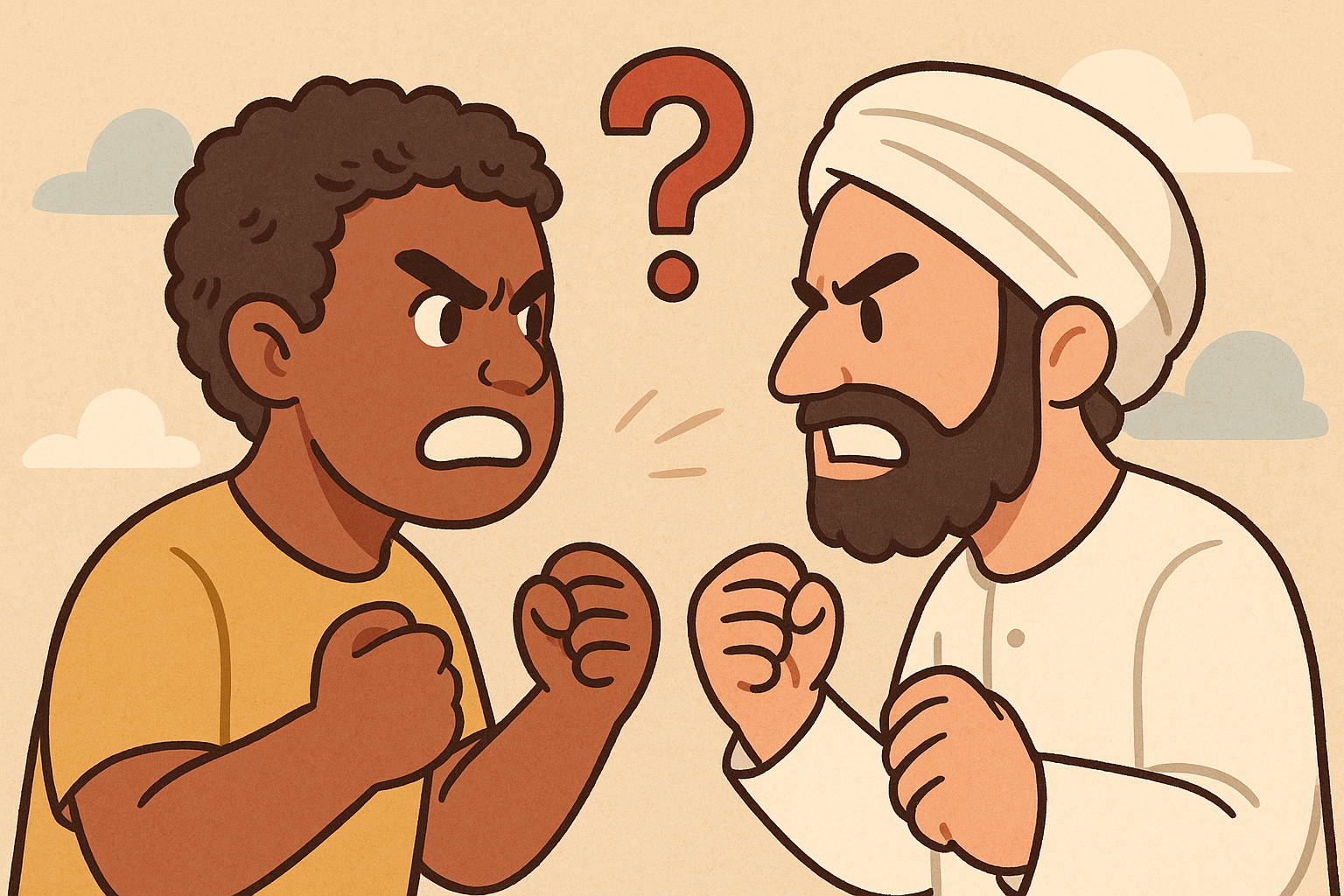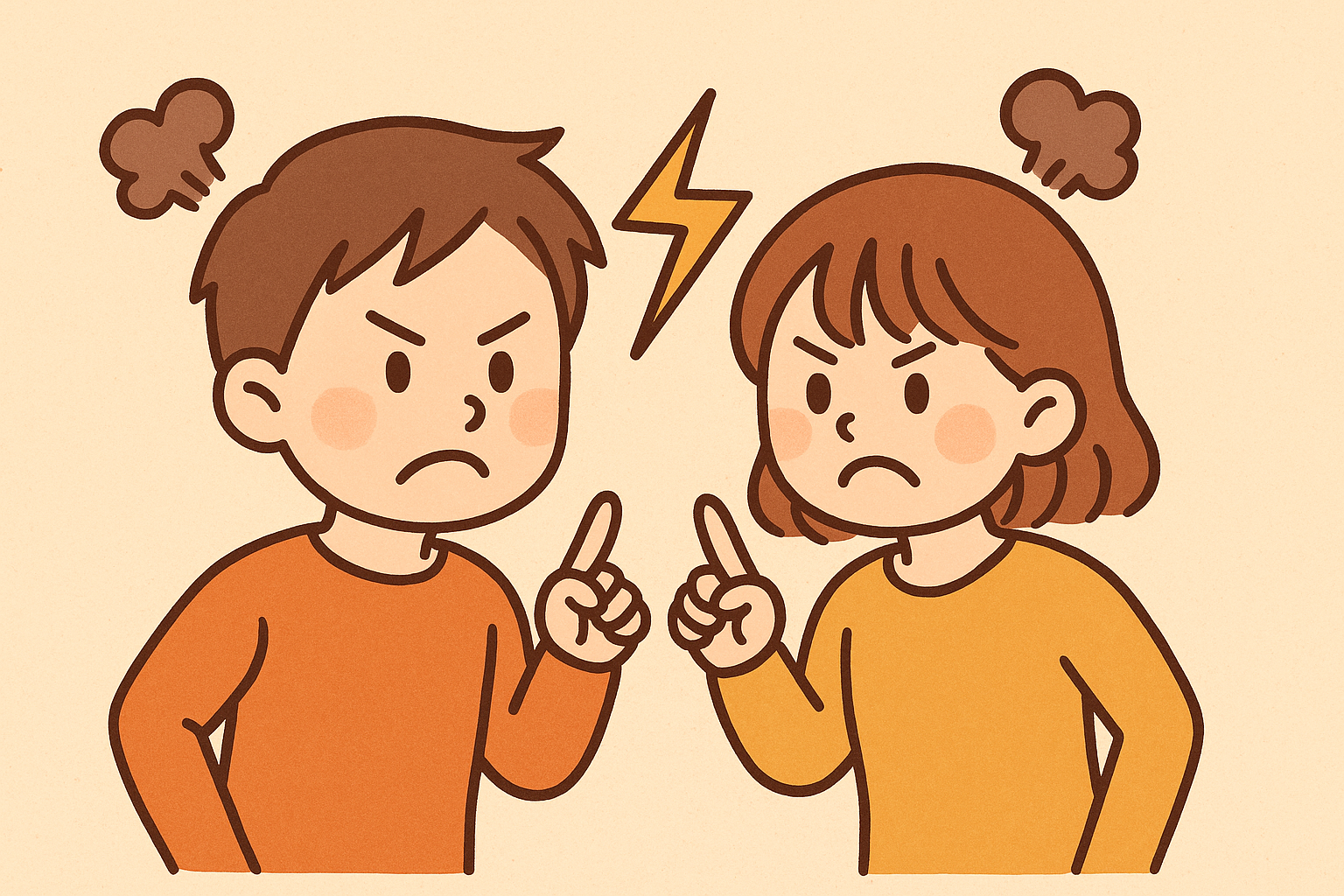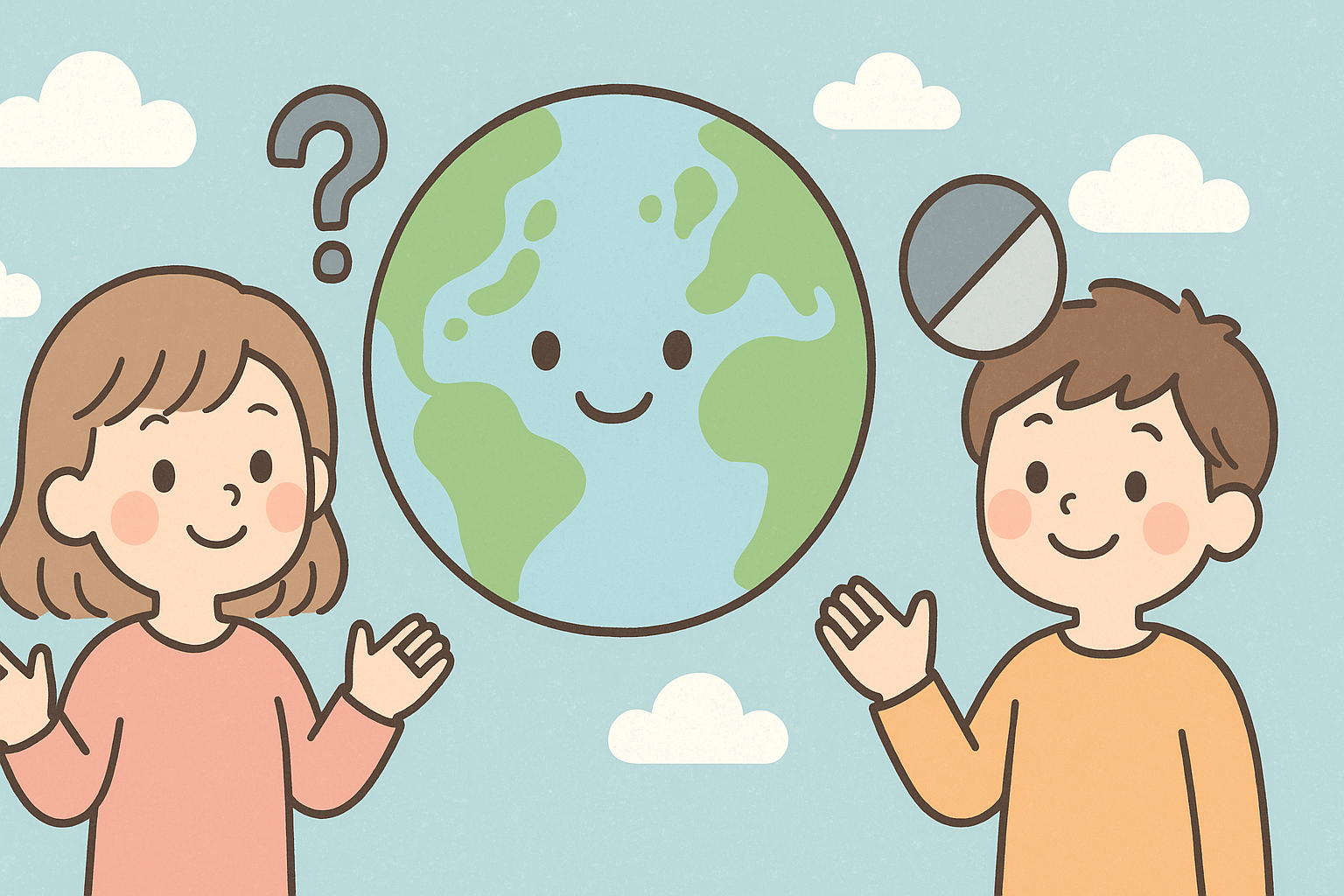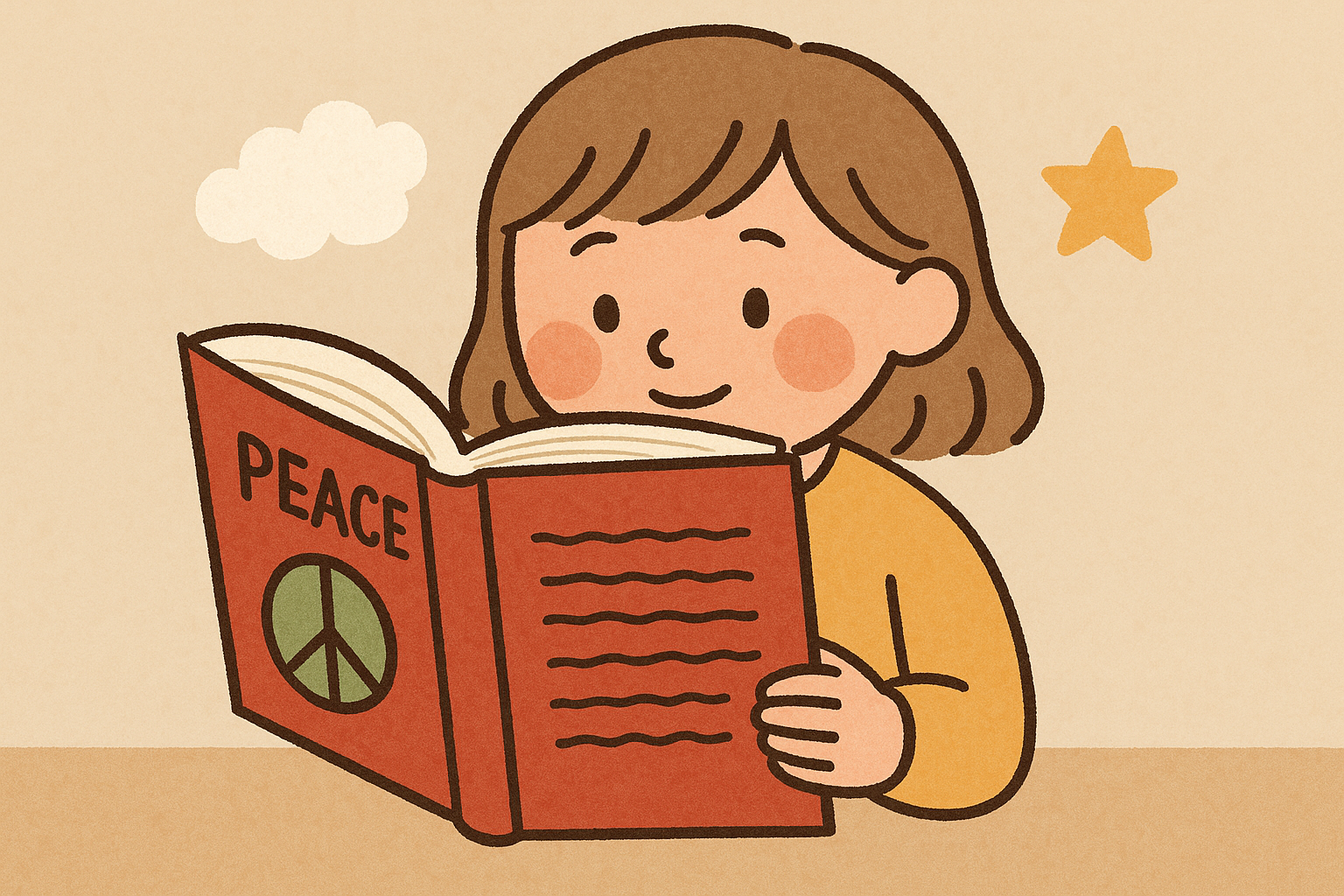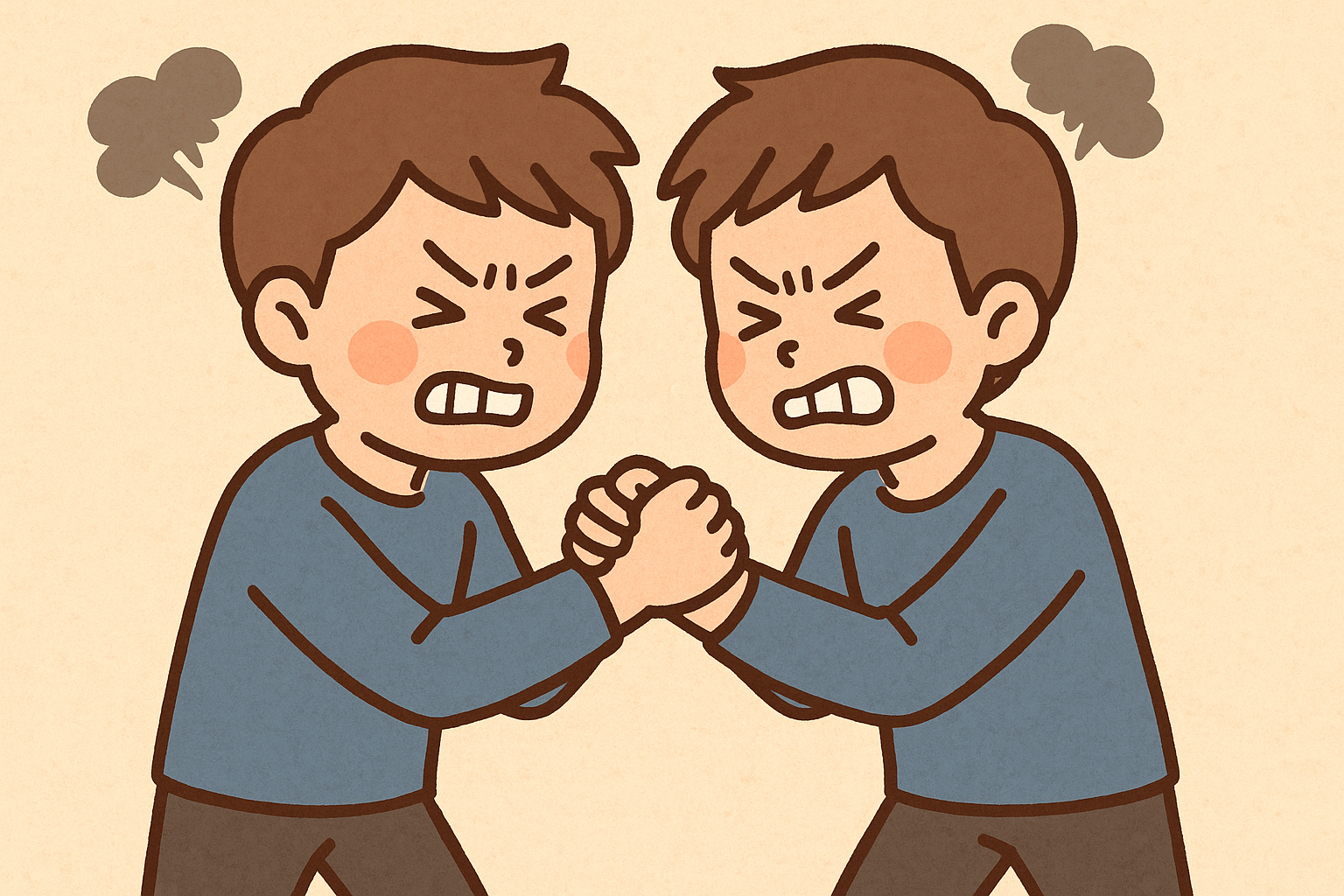Do Religion and Science Contradict Each Other?
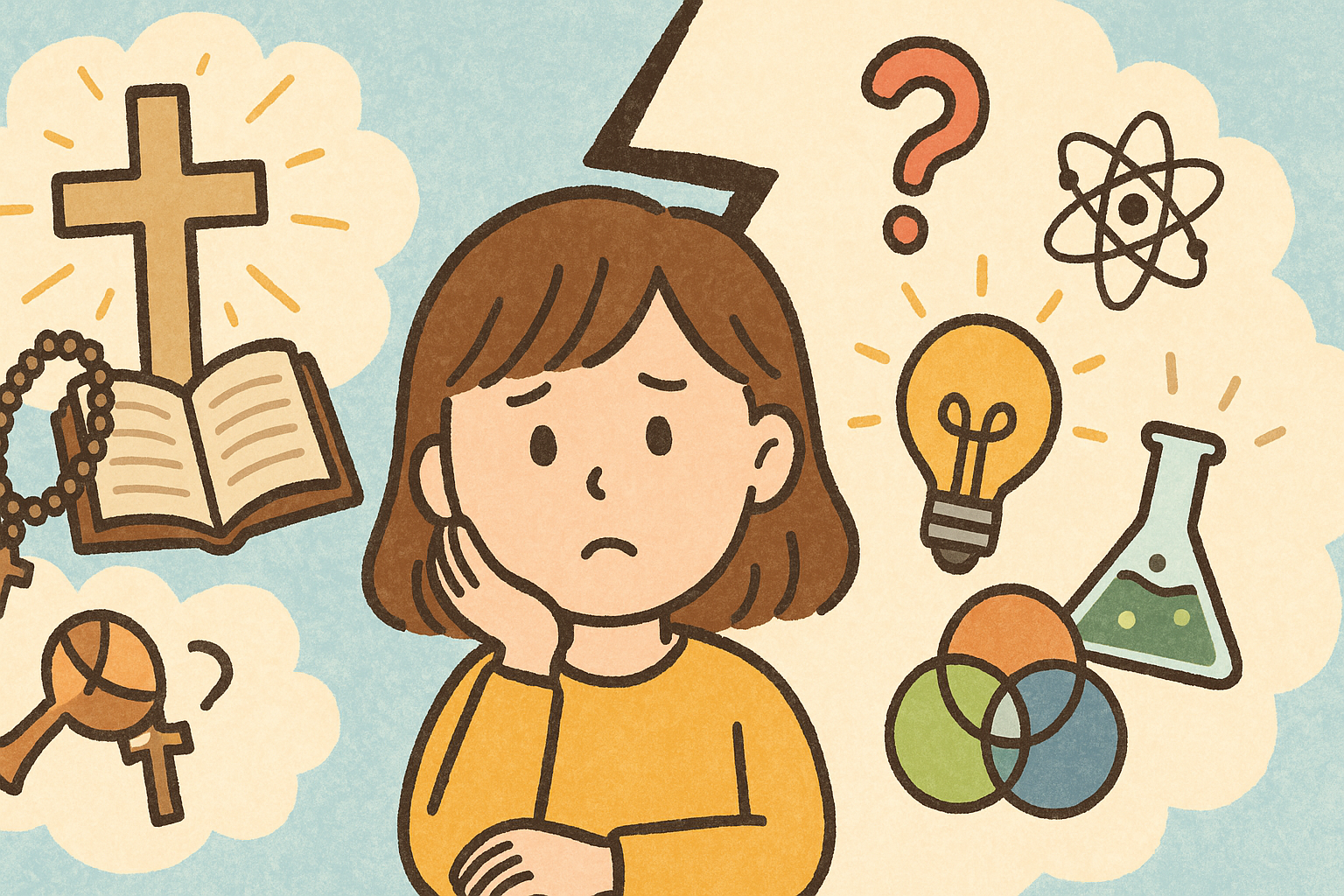
“Isn’t religion the opposite of science?”
Many people might think so.
Science seeks to uncover the workings of the world through things we can see and test through experiments.
Religion, on the other hand, values invisible things like “God” and “faith.”
These two perspectives may seem completely different, and it’s no wonder that people often think they contradict each other.
But the truth is not that simple.
Religion and science each have strengths and limitations, and both are important for humanity.
In this article, we’ll explore the question, “Do religion and science really contradict each other?” in a way that’s easy to understand.
Even Highly Educated People Can be Drawn to Religion
In 1995, the Tokyo subway sarin attack by followers of the “Aum Shinrikyo” cult shocked many people in Japan.
One reason for this shock was that many of the perpetrators were science and engineering elites who had graduated from top universities like the University of Tokyo and Waseda University.
At the time, people wondered, “How could such intelligent people fall for such a suspicious religion?”
But when we look deeper, it turns out they were drawn to religion because of the “big questions” that science can’t answer.
For example:
- Why are we born?
- What happens after we die?
These are deeply important questions, but science cannot provide clear answers.
That’s why some people turn to religion in search of meaning and purpose that science cannot explain.
In fact, it may be that the more intelligent someone is, the more strongly they want to understand the truth of the universe—and when they reach the limits of science, they may feel a pull toward religion.
Are Religion and Science Really in Conflict?
“Religion and science are opposites.”
This impression has been shaped by historical events.
For example, Galileo Galilei was put on trial for claiming that the Earth orbits the sun (heliocentrism), which went against the Christian church’s belief at the time that the Earth was the center of the universe (geocentrism).
The church persecuted Galileo for spreading views contrary to its teachings.
This kind of history gave rise to the impression that “religion is outdated” and “science is correct knowledge.”
But modern scholars argue that religion and science have different purposes from the start.
Science deals with how the world works—its structure and mechanisms.
Religion deals with why the world exists—its meaning and purpose.
In this way, they don’t contradict each other but rather complement each other.
Does Science Have Limits?
Science is incredibly powerful.
Electricity, smartphones, medicine, space exploration—all are thanks to science.
It has taught us a lot about the origin of the universe (the Big Bang), the formation of Earth, and the evolution of life.
But there are some questions that science simply cannot answer, such as:
- Why does the universe exist?
- Why is there “something” instead of “nothing”?
- Do humans truly have free will?
- Does God really exist?
These are questions that cannot be tested or observed.
This type of question falls into the philosophical field of metaphysics, which deals with what cannot be confirmed through experience.
For instance, science can explain how the universe began to some extent.
But it cannot answer why the universe exists in the first place—or why the Big Bang happened from “nothing.”
Such questions belong more to the domains of philosophy and religion.
Another difficult question is: “Do humans have free will?”
Some experiments show that the brain reacts before a person becomes consciously aware of deciding to move their body.
This suggests we might only feel like we’re acting out of our own will.
But that doesn’t mean we can definitively say humans have no freedom.
In the end, how we view this depends on what we choose to believe.
Is Religion Just Unscientific Superstition?
“Believing in religion is foolish.”
Some people may think this way.
But is that really true?
It’s true that science cannot prove the existence of God.
But likewise, it cannot disprove God’s existence either.
And in fact, science itself relies on belief.
For example, science assumes that “the laws of nature are the same everywhere and always.”
But we can’t absolutely prove that—they’re assumptions we believe to be true based on experience.
So, religion is not the only system that relies on faith without evidence.
Both science and religion are human attempts to understand the world—just with different approaches.
Religion and Science: Not Opposed but Complementary
As we’ve seen, science and religion are not contradictory.
They simply address different kinds of questions.
Science explores how the world works—how to cure diseases, how to generate energy, how things are structured.
Religion and philosophy explore why we live, what is right or wrong, and what purpose life has.
Science illuminates the visible world.
Religion shines light on the invisible world.
That’s why religion and science are not in conflict—they complement and support each other.
In fact, history is full of people who valued both science and faith.
For example, Isaac Newton, who discovered the law of gravity, was also a devoted Bible scholar.
Conclusion
So, do religion and science contradict each other?
The answer we should hold today might be:
“They’re not contradictory—they each teach us something important in different ways.”
Science helps us understand the workings of the world.
But it doesn’t tell us the meaning of life or what is right or wrong.
That’s where religion and philosophy come in.
“The visible and the invisible.”
“What can be proven and what must be believed.”
When we can balance both perspectives,
Perhaps we can live more deeply and meaningfully.

